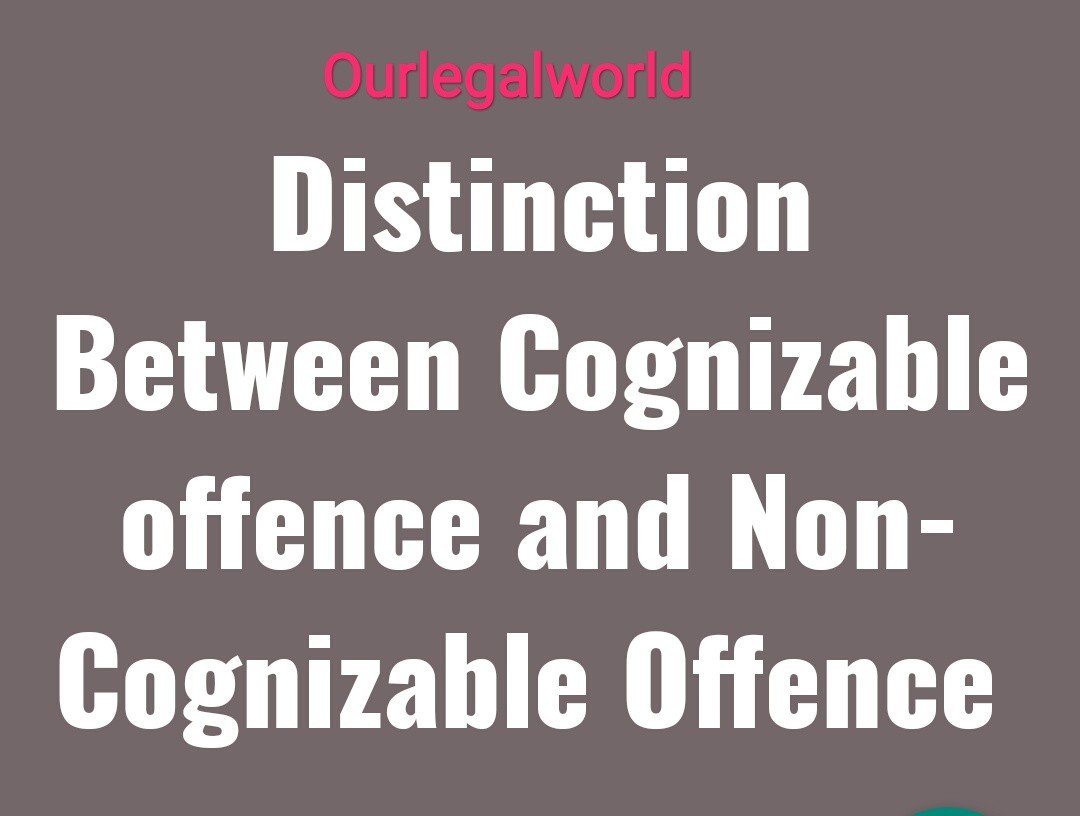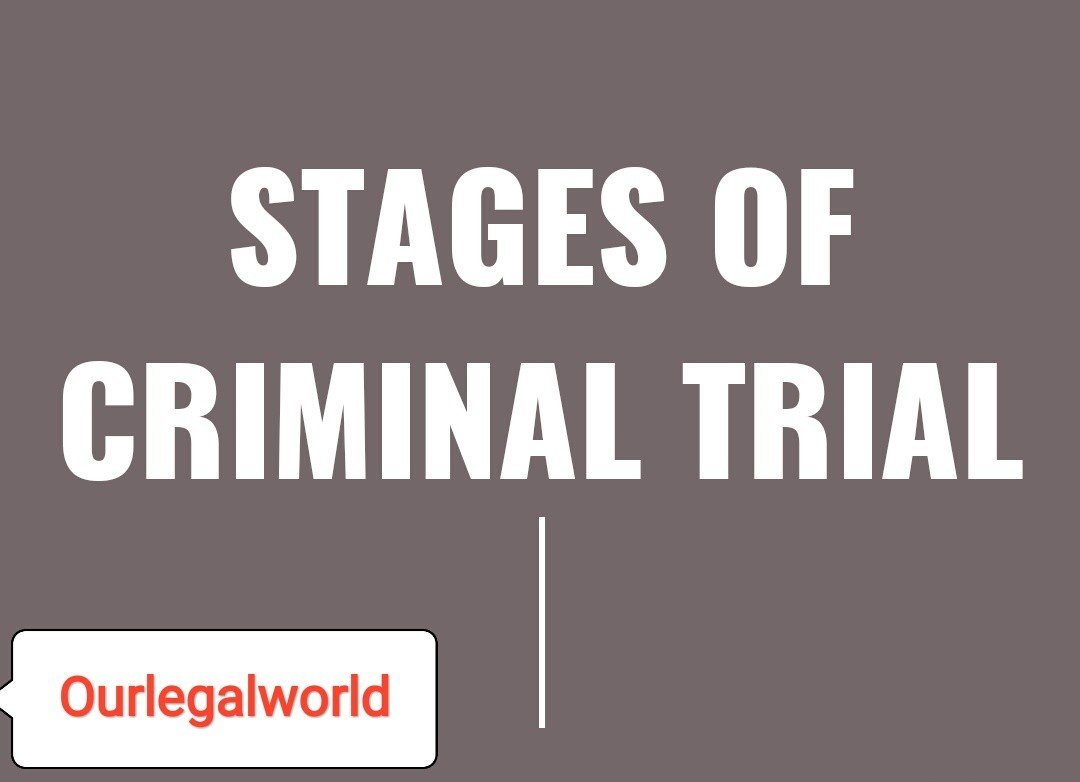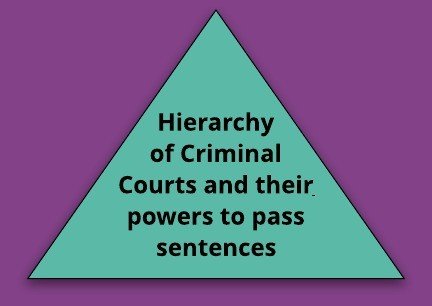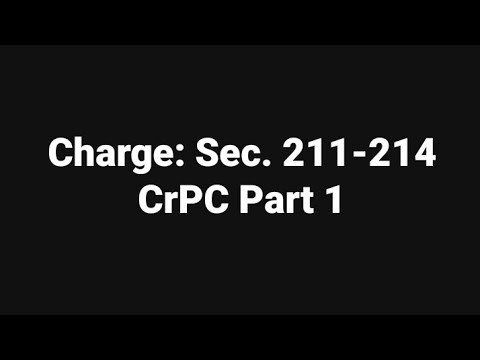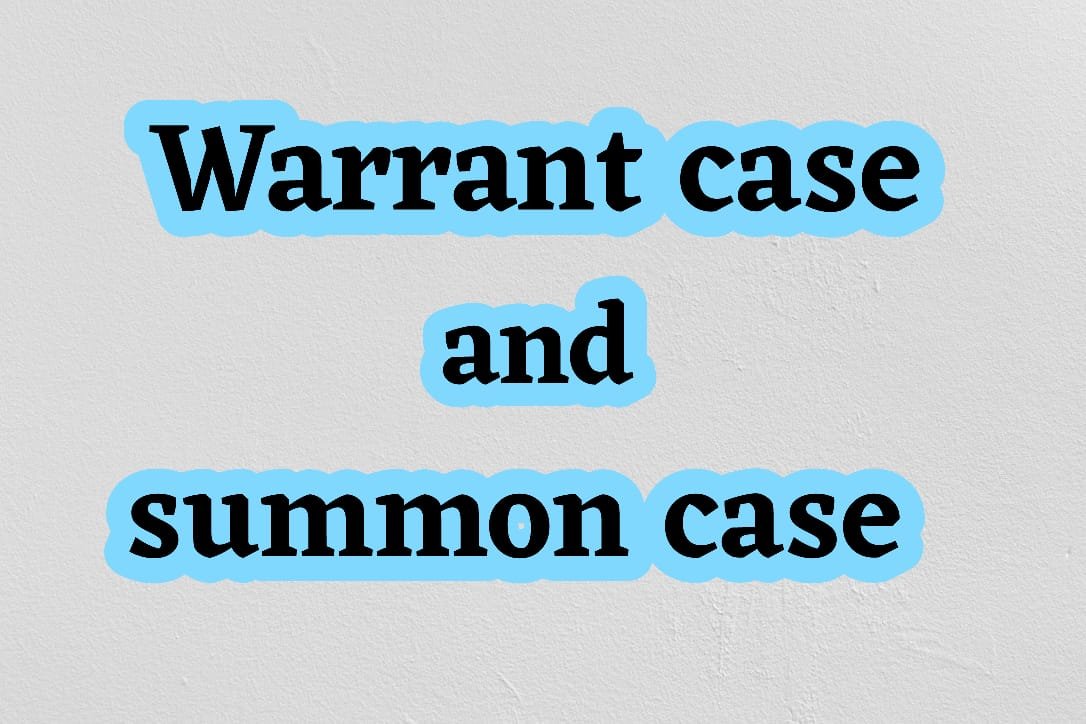CrPC
CrPC Law Notes:- PIL, CLAT, ILI, AILET LLM Entrance Exam, Judicial Services, Public Prosecutor Exam, UPSC, CBI APP etc.:- Our Legal World
Difference Between Police Remand and Judicial Custody in India
Difference Between Police Remand and Judicial Custody in India Meaning of Custody? The term “custody” refers to apprehending someone to provide protective care. The words....
CrPC Case Laws e-Flashcard Series for Judicial Services Exam
CrPC Case Laws e-Flashcard Series for Judicial Services Exam, CLAT PG, AILET, LLM entrance 1. Nandini Satpathy v P.L. Dani It was held that a....
Plea Bargaining under Criminal Procedure Code
Plea Bargaining under Criminal Procedure Code Introduction The word “Plea” generally means an appeal, prayer, or a formal statement by the defendant and the word....
Difference between Arrest and Custody?
Difference between Arrest and Custody? The words custody and arrested are not synonymous terms. In every arrest, there is custody, but not vice versa. Arrest....
Difference between Bailable offence and Non-Bailable offence
The classification of offences into bailable and non bailable offences is an important aspect of the Criminal Procedure Code (CrPC) in India. In India, offences....
Distinction Between Cognizable and Non-Cognizable Offence
Distinction Between Cognizable and Non-Cognizable Offence Cognizance means knowledge, whereas offence means anything which is declared unlawful. In legal terms, the acts which are declared....
STAGES OF CRIMINAL TRIAL- With Short Explanation
STAGES OF CRIMINAL TRIAL- With Short Explanation STAGES OF CRIMINAL TRIAL UNDER CrPC Normally a Criminal Trial has to travel through main stages from the....
Hierarchy of Criminal Courts and their powers to pass sentences
Hierarchy of Criminal Courts and their powers to pass sentences 1. SUPREME COURT (Any sentence authorized by law) 2. HIGH COURT (Any sentence authorized by....
Overview of Charge (ALLEGATIONS) under CRPC
Overview of CHARGE (ALLEGATIONS) under CRPC Introduction The charge is the establishment of the allegation(s) against the accused in a criminal case. The inspiration behind....
Difference between procedure of trial for Warrant and Summon Case
Difference between procedure of trial for Warrant and Summon Case INTRODUCTION In cases instituted on a police report, a lot of record made during the....




